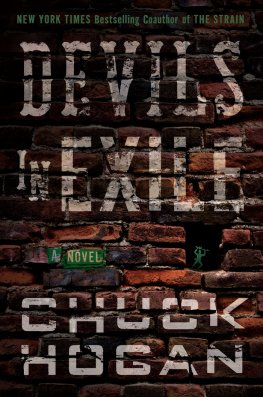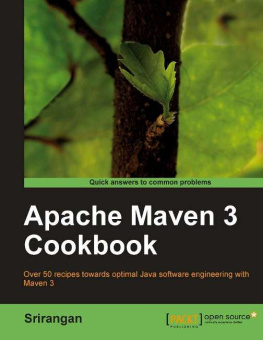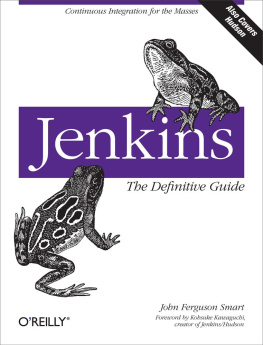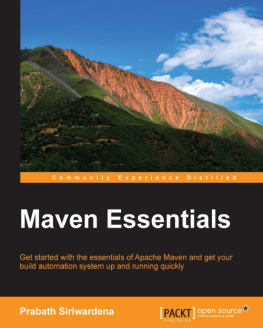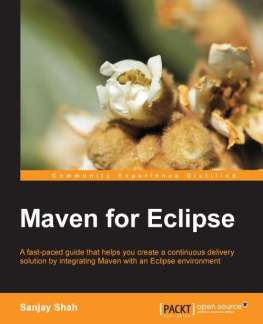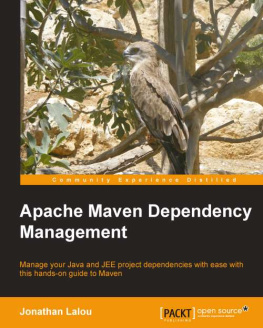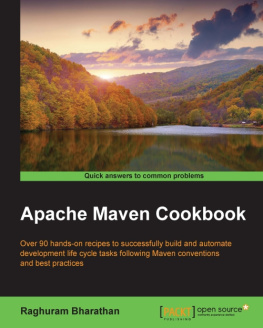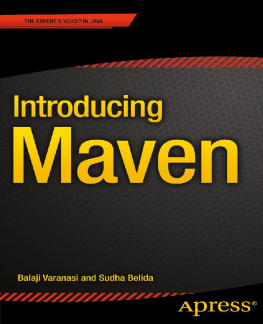Company - Maven: The Definitive Guide
Here you can read online Company - Maven: The Definitive Guide full text of the book (entire story) in english for free. Download pdf and epub, get meaning, cover and reviews about this ebook. City: Beijing, Cambridge, Farnham, year: 2008, publisher: OReilly Media, genre: Computer. Description of the work, (preface) as well as reviews are available. Best literature library LitArk.com created for fans of good reading and offers a wide selection of genres:
Romance novel
Science fiction
Adventure
Detective
Science
History
Home and family
Prose
Art
Politics
Computer
Non-fiction
Religion
Business
Children
Humor
Choose a favorite category and find really read worthwhile books. Enjoy immersion in the world of imagination, feel the emotions of the characters or learn something new for yourself, make an fascinating discovery.

Maven: The Definitive Guide: summary, description and annotation
We offer to read an annotation, description, summary or preface (depends on what the author of the book "Maven: The Definitive Guide" wrote himself). If you haven't found the necessary information about the book — write in the comments, we will try to find it.
Written by Maven creator Jason Van Zyl and his team at Sonatype, Maven: The Definitive Guide clearly explains how this popular tool can bring order to your software development projects. The first part of the book demonstrates Mavens capabilities through the development of several sample applications from ideation to deployment, and the second part offers a complete reference guide. Concise and to the point, this is the only guide you need to manage your project.
Company: author's other books
Who wrote Maven: The Definitive Guide? Find out the surname, the name of the author of the book and a list of all author's works by series.

